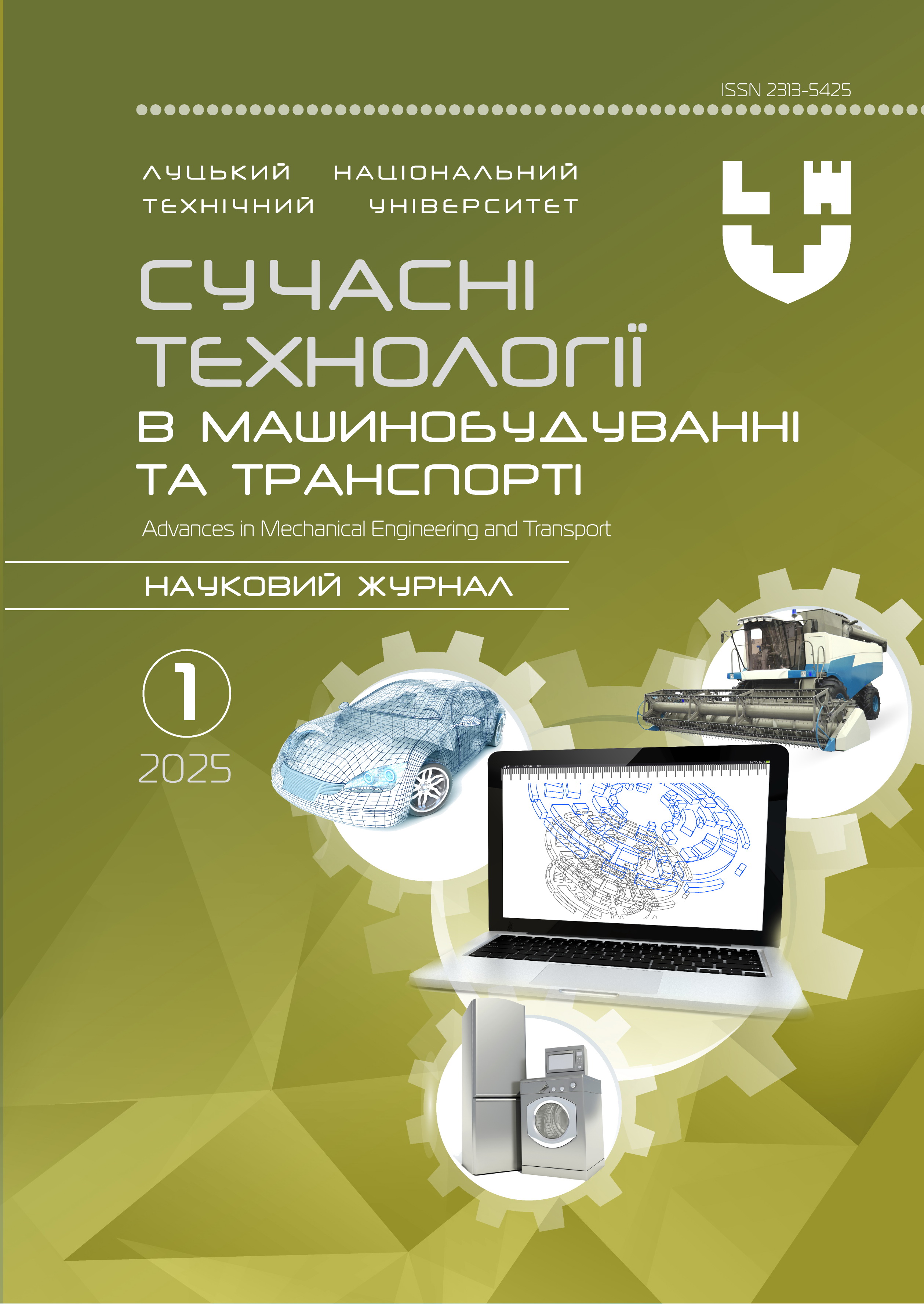INCREASING THE EFFICIENCY OF TRANSPORT BY OPTIMISING THE MANAGEMENT STRUCTURE OF COMPLEX LOGISTICS SCHEMES
Abstract
A mathematical toolkit for modeling transportation processes under dynamic changes and conditions of uncertainty in the external environment has been developed. The informational analysis and synthesis of processes occurring in complex transportation and logistics systems, characterized by multifunctionality and a variety of structural relationship options, are presented. A classification of the main directions for integrating new information technologies into the management structure of complex transportation logistics systems has been proposed. The purpose and description of the structural components of the classification scheme provide a deeper understanding of their role in the overall system of integrated transportation logistics management. The modeling of management efficiency for transportation and logistics schemes has been performed, focusing on the distribution of cargo flows, volumes, routes, directions, and timing, depending on the dynamics of external stimuli and internal resource constraints, taking their uncertainty into account using sequential analysis and Markov chains. Mathematical models for optimizing transportation processes within complex logical schemes are considered. The ways and prospects for increasing the efficiency of multimodal transportation logistics schemes are outlined. Practical recommendations for applying specific mathematical models to complex transportation logistics systems are provided. It is shown that solving optimization problems for the management structure of complex logistics systems is most effectively achieved using structural and functional modeling based on quantitative and qualitative results with the help of computer models and algorithms. The optimization of the management structure of complex logistics systems aims to identify the most rational use of available resources to achieve predefined goals. This is its fundamental difference from traditional models and optimization problems under uncertainty and a lack of input information, where the enumeration of options is infinite. In contrast, the number of possible management options is strictly finite in the optimization of complex logistics management structures.
Keywords: optimization, modeling, transportation, logistics, management




